Market Definition
Dialysis is the treatment that filters and purifies the blood using a machine. The Dialysis device helps to keep the fluids and electrolytes in balance when the kidneys is not able to operate properly. Dialysis has been used to treat people with kidney problems. There are two types of dialysis, hemodialysis dialysis and peritoneal dialysis.
Global dialysis devices market is estimated to reach $XX million by 2027; growing at a CAGR of 5.6% till 2027.
Market Dynamics
Technological advancements in dialysis devices is a key driving factor of the market. For instance, Medtronic plc has introduced the Carpediem Cardio-Renal Pediatric Dialysis Emergency Machine. The company has received U.S. Food and Drug Administration's (FDA) marketing authorization, the first Carpediem systems in the United States were successfully installed and are in use at Cincinnati Children's Hospital Medical Center. The first of its kind Carpediem system is indicated for use in acute kidney injury or fluid overloaded patients requiring hemodialysis or hemofiltration therapy. Carpediem system is intended to provide continuous renal replacement therapy (CRRT) to patients weighing between 2.5 and 10 kilograms. Further, AWAK Technologies (AWAK), a pioneering medical technology company has announced the investigation for the safety of AWAK PD in dialysis treatment for patients with End Stage Renal Disease (ESRD) led by the Singapore General Hospital (SGH). However, product recall might hamper the market growth. For instance, Fresenius Medical Care has recalled two sets of its 4008 bloodlines (AV-Set B-R F00001124 and AV-Set SRB-R F00000257) containing a total of 25 batches experienced tube rupture that led to blood leakage. The dialysis machine do not detect the leaks, so Fresenius urged healthcare providers to immediately stop using the affected batches to avoid leaks and air entry to a patient’s bloodstream. Moreover, rising importance of home therapies would provide lucrative opportunities for the market in coming years.
Market Segmentation
The global dialysis devices market is mainly classified based on type and end user. Type is further segmented into Hemodialysis Devices, Peritoneal Devices, and Continuous Renal Replacement Therapy (CRRT). By end user the market is divided into Hospitals, Clinics, Homecare Settings, and Ambulatory Surgical Centers.
Based on Type peritoneal devices segment is expected to be the fastest growing segment in the dialysis devices market during the forecasting period, owing to the rising investment for dialysis devices, collaboration between companies to develop and market peritoneal devices and increasing commercialization of regulatory approved dialysis devices. For instance, Fresenius Medical Care North America’s (FMCNA) Renal Therapies Group has introduced DELFLEX peritoneal dialysis solutions in Biofine, an innovative bag material that has been approved by the U.S. Food and Drug Administration (FDA).
Regional Analysis
Based on geography, the global dialysis devices market is divided into North America, Europe, Asia-Pacific, South America, and Middle East & Africa. North America is further divided in the U.S., Canada, and Mexico, whereas Europe consists of the UK, Germany, France, Italy, and Rest of Europe. Asia-Pacific is segmented into India, China, Japan, South Korea, and Rest of Asia-Pacific. The South America region includes Brazil, Argentina, and the Rest of South America, while the Middle East & Africa is categorized into GCC Countries, Egypt, South Africa, and Rest of Middle East & Africa.
North America was dominating the dialysis devices market in 2020, owing to the rising prevalence of kidney failure, hypertension, increasing cases of diabetes, rising awareness by the government for the treatment of kidney, and introduction of dialysis devices in the U.S. Market. For instance, the Dialysis Care Center (DCC) introduce Baxter's Novel Theranova Dialyzer to U.S. market. Baxter Healthcare’s novel dialyzer deliver expanded hemodialysis (HDx) therapy, is used for patient care. The Theranova dialyzer’s membrane design offers a filtration profile that closely mimics that of the natural kidney and can be used with existing hemodialysis machines.
Competitive landscape
Key players operating in the dialysis devices industry include Baxter International, Medtronic, B Braun Melsungen, Fresenius Medical Care AG & Co. KGaA, NIPRO Corporation, Asahi Kasei Corporation Co., Ltd., Nikkiso Co., Ltd., Kawasumi Laboratories Inc., Toray Medical Co. Ltd., and JMS Co. Ltd.
Increasing commercialization of regulatory approved dialysis devices, facility expansion for the development of dialysis devices, rising investment for dialysis devices, and collaboration between companies to develop and market dialysis devices are some of the strategies adopted by the major companies. For instance, Fresenius Medical Care North America has collaborated with DaVita Inc. and other dialysis providers in response to COVID-19, with the aims to support the broader kidney care community in the United States by offering isolation capacity for dialysis patients. Fresenius Medical Care North America is cooperating with DaVita Inc., U.S. Renal Care, American Renal Associates, Satellite Healthcare and other dialysis organizations to create a nationwide contingency plan with a goal of help and maintain care for dialysis patients by creating isolation cohort capacity that can be accessed by dialysis providers.
Dialysis Devices Market Key Segments:
By Type
- Hemodialysis Devices
- Peritoneal Devices
- Continuous Renal Replacement Therapy (CRRT)
By End User
- Hospitals
- Clinics
- Homecare Settings
- Ambulatory Surgical Centers
Key Global Dialysis Devices Industry Players
- Baxter International
- Medtronic
- B Braun Melsungen
- Fresenius Medical Care AG & Co. KGaA
- NIPRO Corporation
- Asahi Kasei Corporation Co., Ltd.
- Nikkiso Co., Ltd.
- Kawasumi Laboratories Inc.
- Toray Medical Co. Ltd.
- JMS Co. Ltd.
What Report Provides
- Full in-depth analysis of the parent Industry
- Important changes in market and its dynamics
- Segmentation details of the market
- Former, on-going, and projected market analysis in terms of volume and value
- Assessment of niche industry developments
- Market share analysis
- Key strategies of major players
- Emerging segments and regional growth potential





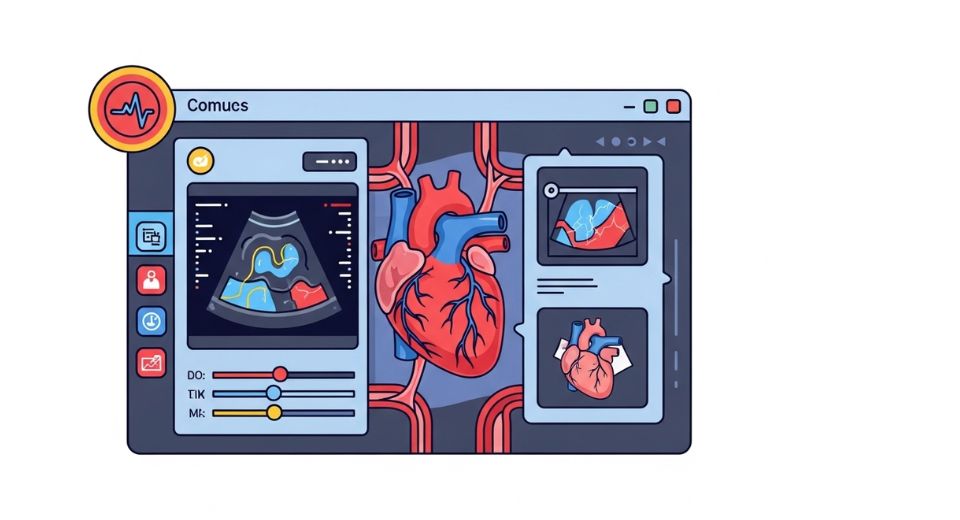
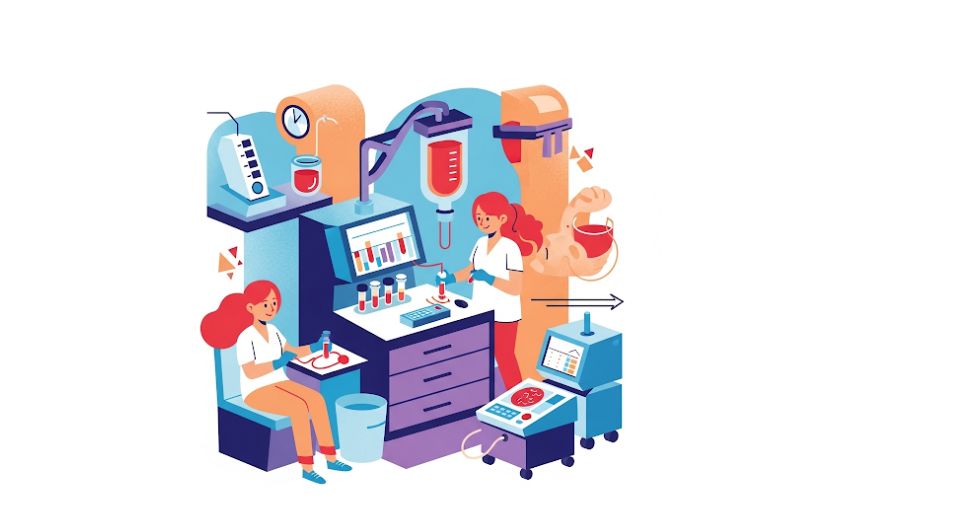
.jpg)

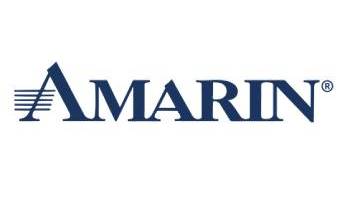

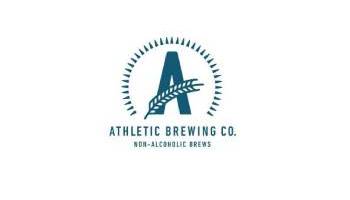
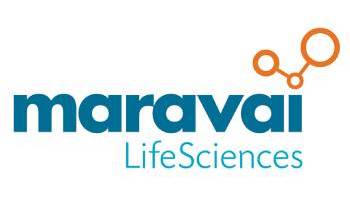
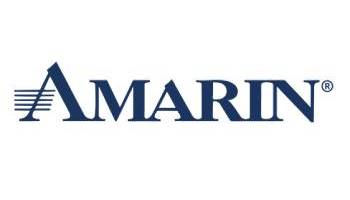
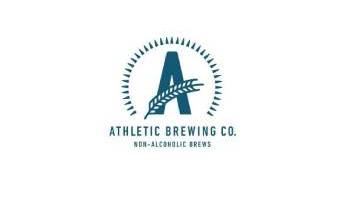

 US: +1 3023308252
US: +1 3023308252






